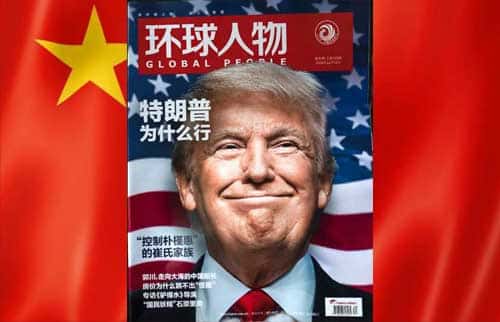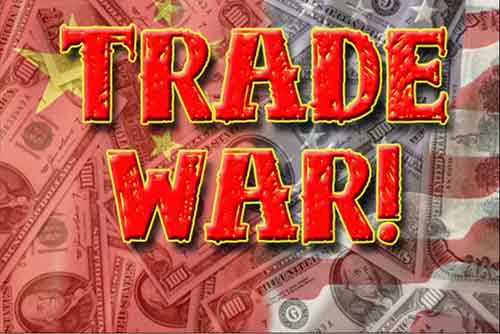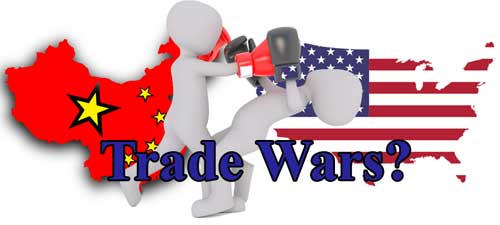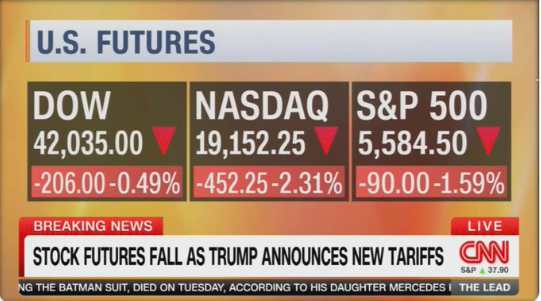 WHITE HOUSE — China vows it will fight back if the United States goes through with plans to impose huge tariffs on Chinese goods.
WHITE HOUSE — China vows it will fight back if the United States goes through with plans to impose huge tariffs on Chinese goods.
President Donald Trump’s administration said in a statement Tuesday it planned to impose 25 percent tariffs on $50 billion of Chinese goods that contain “industrially-significant technology.” It said the proposed tariffs are in response to China’s practices with respect to technology transfer, intellectual property, and innovation.
Chinese Foreign Ministry Spokeswoman Hua Chunying blasted the Trump administration’s apparent reversal Wednesday in Beijing. Hua warned the administration risked squandering its credibility in international relations with every “flip-flop” and contradiction of its previous stance.
Hua stressed Beijing is not afraid of engaging in a trade war, and will take “forceful” measures if the tariffs are imposed.
The White House said it will announce the final list of covered imports by June 15, 2018, and the tariffs will be imposed shortly thereafter.
Trump announced in April he planned to impose tariffs on $150 billion worth of Chinese goods, and Beijing responded by declaring it will retaliate by imposing a similar amount of tariffs on imported American goods.
After two rounds of trade talks aimed at avoiding a full-blown trade war, U.S. Treasury Secretary Steven Mnuchin announced the two sides had reached a deal for China to buy more American goods to “substantially reduce” the huge trade deficit with the United States.
The Trump administration said in its statement trade talks with China will continue and it will request China remove all of its many trade barriers, including non-monetary trade barriers, and that tariffs and taxes between the two countries be “reciprocal in nature and value.”
China in violation
The Trump administration’s decision to take action is a result of an investigation conducted by the U.S. Trade Representative under Section 301 of the Trade Act of 1974 to determine whether Beijing’s trade practices may be “unreasonable or discriminatory” and that may be “harming American intellectual property rights, innovation or technology development.”After a seven-month investigation, the USTR found the policies were in violation.
U.S. Commerce Secretary Wilbur Ross is set to go to Beijing this week to negotiate on how China might buy more American goods to reduce the huge U.S. trade deficit with Beijing, which last year totaled $375 billion.
Source: VOA
[content id=”35021″]








